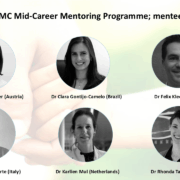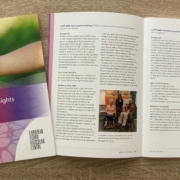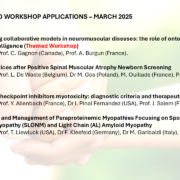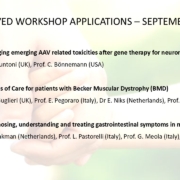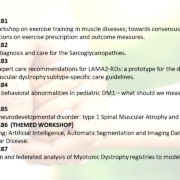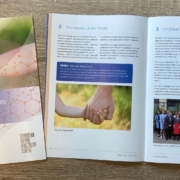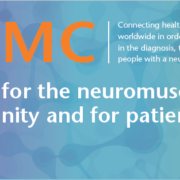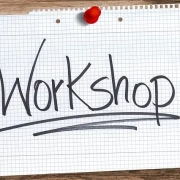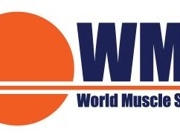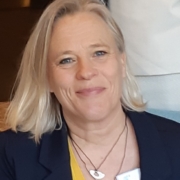New mentees selected for the ENMC Mid-Career Mentoring programme
In the fifth call for the ENMC Mid-Career Mentoring Programme with the deadline July 2025, we received eight applications! Following interviews with each of the candidates, the ENMC Mentoring Programme Committee presented their recommendations to the Research- and Executive Committees. We are very happy to announce that six mentee candidates were selected for the programme:
- Teresa Gerhalter, PhD, senior scientist at Department of Neurology at the Medical University of Graz, Austria.
- Clara Gontijo Camelo, MD, PhD, pediatric neurologist at the Faculty of Medicine of the University of São Paulo, Brazil.
- Felix Kleefeld, MD, PhD, neurologist at the BG University Hospital Bergmannsheil in Bochum, Germany.
- Mauro Monforte, MD, PhD, neurologist and group leader at the Fondazione Policlinico Universitario A. Gemelli IRCCS, and a researcher at the Catholic University of the Sacred Heart in Rome, Italy.
- Karlien Mul, MD, PhD, neurologist at Radboud university medical center, Nijmegen, The Netherlands.
- Rhonda Taylor, PhD, researcher at the Harry Perkins Institute of Medical Research, Perth, Australia.
More information about this programme, follow this link.

